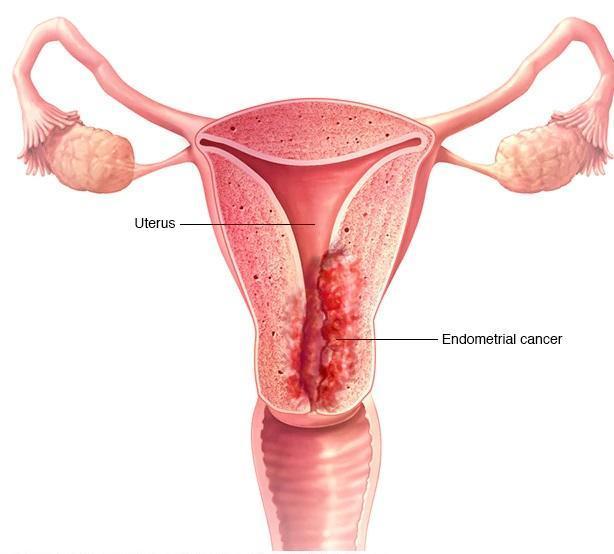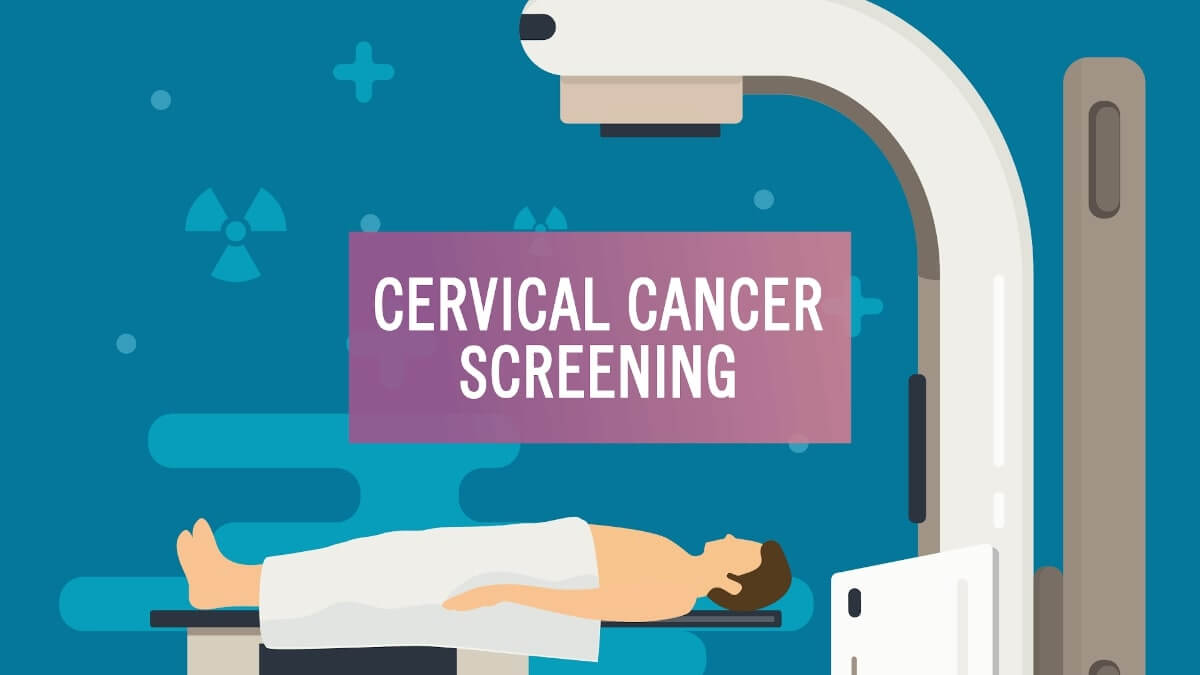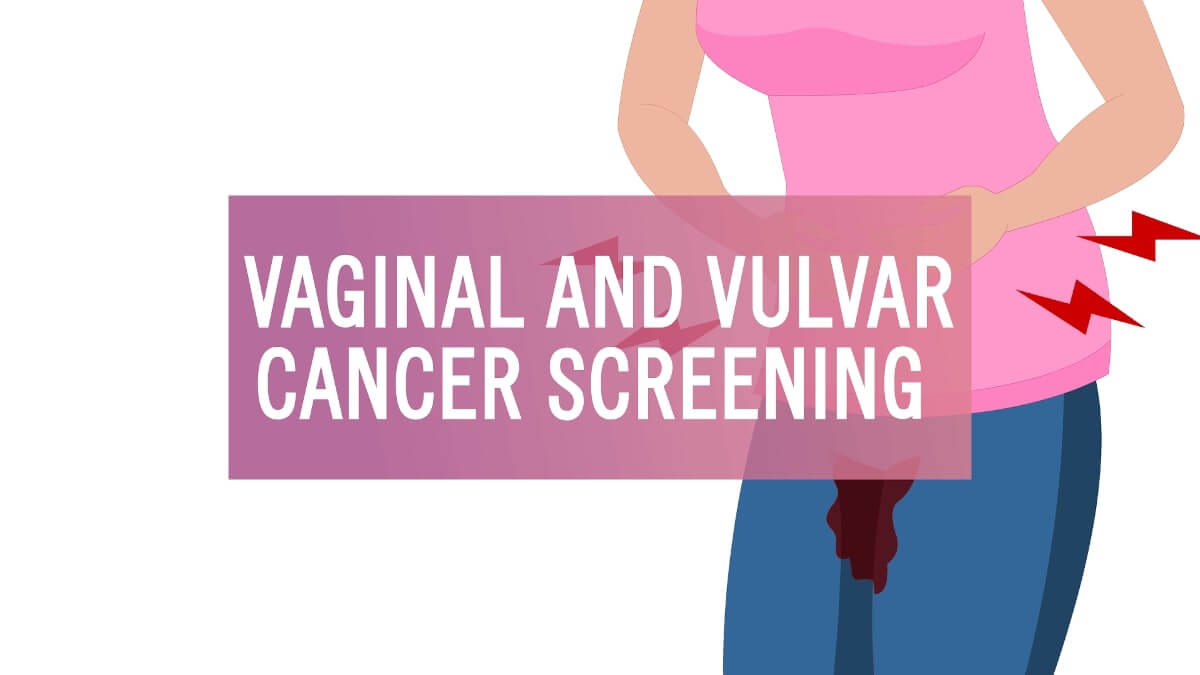Cancer can develop in other body parts and spread to the uterus area leading to Endometrial Cancer.
Uterine/Endometrial Cancer Screening Test
The uterus has two parts- the upper part, which is called the corpus, and the lower part joining the vagina, which is called the cervix. So, it is the inner lining of the uterus i.e., the endometrium in the corpus area where this cancer starts.

There are various types of endometrial cancer being classified by scientists based on the cell structure they form in the uterus such as adenocarcinoma, clear cell, serous cell, and rarely squamous cell carcinoma. The cancer is divided into stages that identify the extent of the spread of cancer – 1 being the beginning stage and 4- being the most aggressive. It is imperative to detect cancer in a timely manner and treat it effectively to save a woman’s life.
Hence, there are a few screening methods that help to detect endometrial cancer even before the signs or symptoms show up. They are explained as follows:
- Transvaginal Ultrasound
Ultrasound is a process by which the internal organs can be visualized on screen, using sound (ultrasound) energy. It involves the usage of the transducer, which is inserted in the vagina to obtain detailed images of the organs of the pelvic region. It helps in detecting the thickness of the endometrium, cysts, or polyps, which can be cancerous in nature. It is a painless process in which the doctor asks the patient to either keep their bladder empty or full to produce the best results.
- Endometrial Sampling / Biopsy
It involves removing a piece of tissue from the lining of the uterus and is checked for any abnormalities. The procedure takes a mere ten minutes and in some circumstances, it can be done without anesthesia also. With the help of a tube called pipelle, the tissue sample is taken. The process is performed, keeping in mind the menstrual cycle of a woman and spotting some light bleeding after the process is entirely normal. There are various other methods to detect endometrial/uterine cancer such as hysteroscopy, dilation, and curettage, etc.
Conclusion
The best way to treat any cancer is to detect it at an early stage and treat it in a timely manner. Uterine cancer should also be tested in a woman when abnormal vaginal bleeding or discharge is observed so that it can be detected in the initial stages. However, there may be cases where signs and symptoms do not show up until the advanced stage. Thus, it is recommended to take regular check-ups as a precautionary measure, especially after menopause.
Special thanks to Dr. Samar Gupte (MD, Consultant Gynaecologic Cancer Surgeon) for the expert advice.









